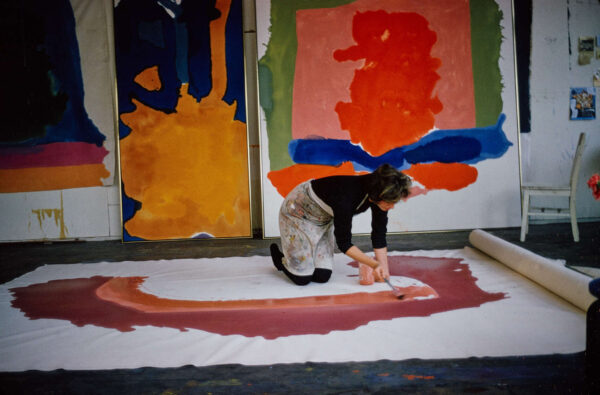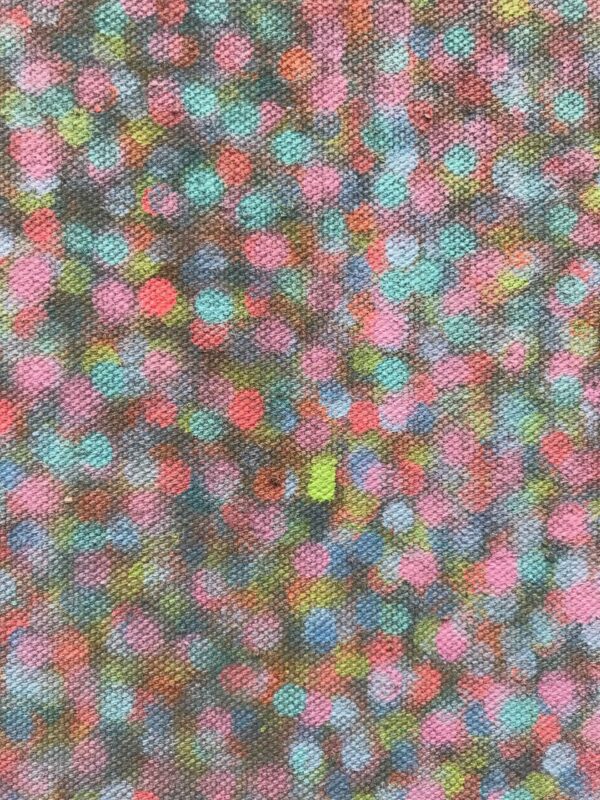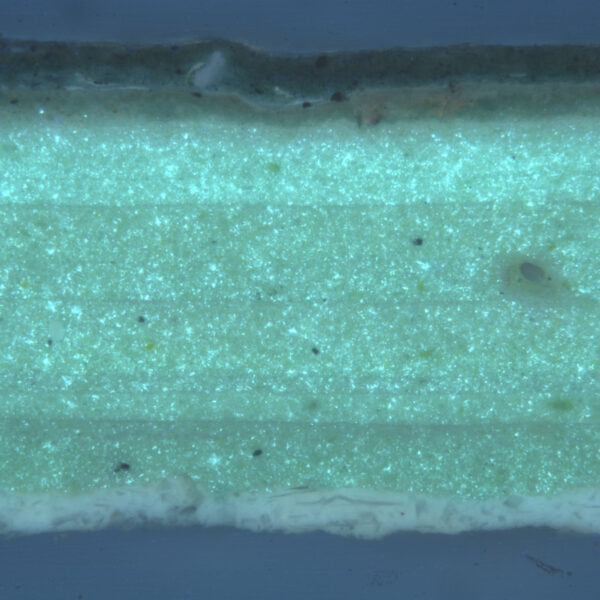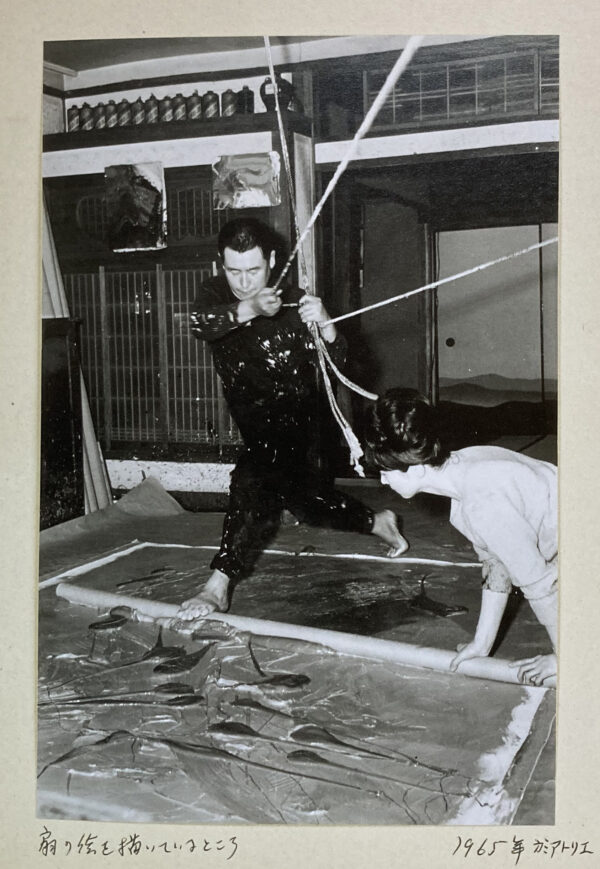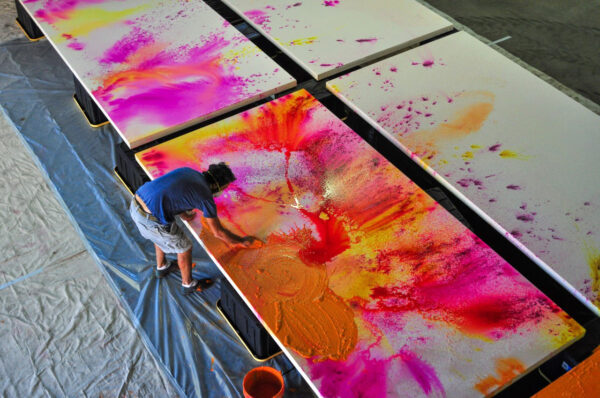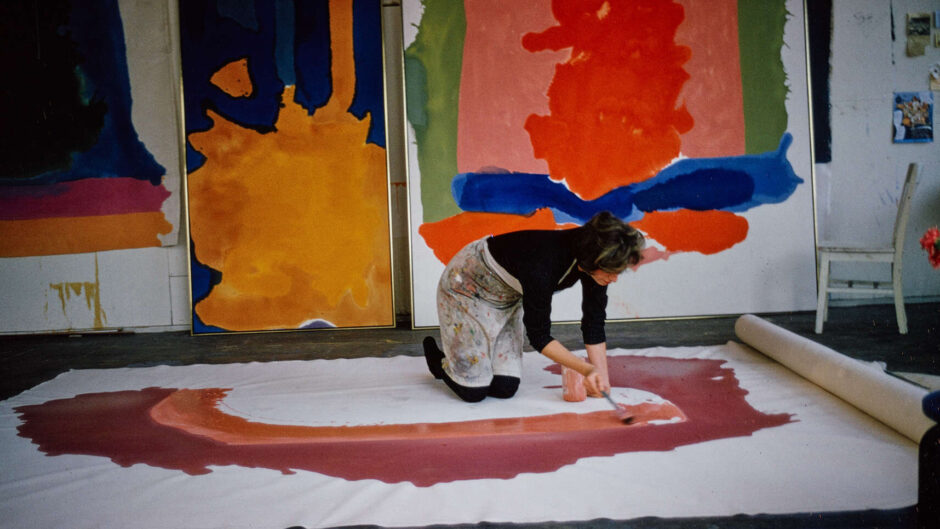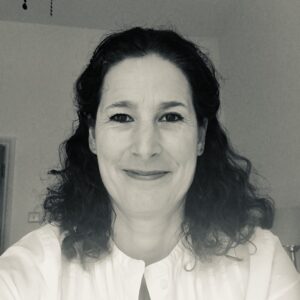Process and experimentation lie at the heart of modern and contemporary painting practice. It has been underpinned by key innovations in paint technology since 1945, leading to an unprecedented explosion of new forms of expression. The materials and techniques of painters inevitably reflect the epoch in which they live, and painting, perhaps more than any other medium, has transformed itself in relation to pressures from developments in other media, including photography, performance, other time-based art, as well as technological and sociopolitical changes more generally. It is painting’s unique adaptability that is both the basis of its continuous renewal and the focus of this worldwide unique MA special option.
In Technical Art History, we view the artwork and its materiality as the starting point for research questions. You will be given the interdisciplinary tools for a holistic study of painting through immersion in individual artists’ œuvres, historical periods, theoretical discourses, as well as introductions to basic material properties, scientific examination methods, and artists’ interviewing techniques.
London with its world-famous galleries is the ideal European city for us to engage with both established and emerging global artistic practices, and you will gain a practical understanding of the objecthood of paintings through hands-on seminars and visits.
In themed seminars and working from a wealth of visual material, we will discuss specific artists’ practices, beginning with the Abstract Expressionist Jackson Pollock, whose radical decisions to work to work on the floor, with household paint and often without a brush have had a powerful impact on painters ever since. We will also explore how the discrimination against artists because of their gender, race, age, sexuality and/or place of work, for instance, transformed their own understanding of materiality, such as in the work of Yuko Nasaka, Howardena Pindell, Judit Reigl, Jack Whitten, and Peruvian indigenous women collectives. Other topics we will consider are “the brushstroke” as a contested site of identity, to what ends artists have manipulated the gravity of paint, the reasons behind the proliferation of printing techniques and spray-painting since the 1960s, and what skill sets postdigital practices encompass.
This course is ideally suited for students with degrees in art history, curation, or museology. No prior scientific knowledge or practical experience is necessary.
In the event that a course leader is on sabbatical, takes up a fellowship, or otherwise is not able to teach the course, they will be replaced by another experienced course leader either for a semester or, in some cases, the academic year.
Please note: whilst many Special Options will include site visits within the UK and further afield, these are subject to confirmation.
Course Leader
